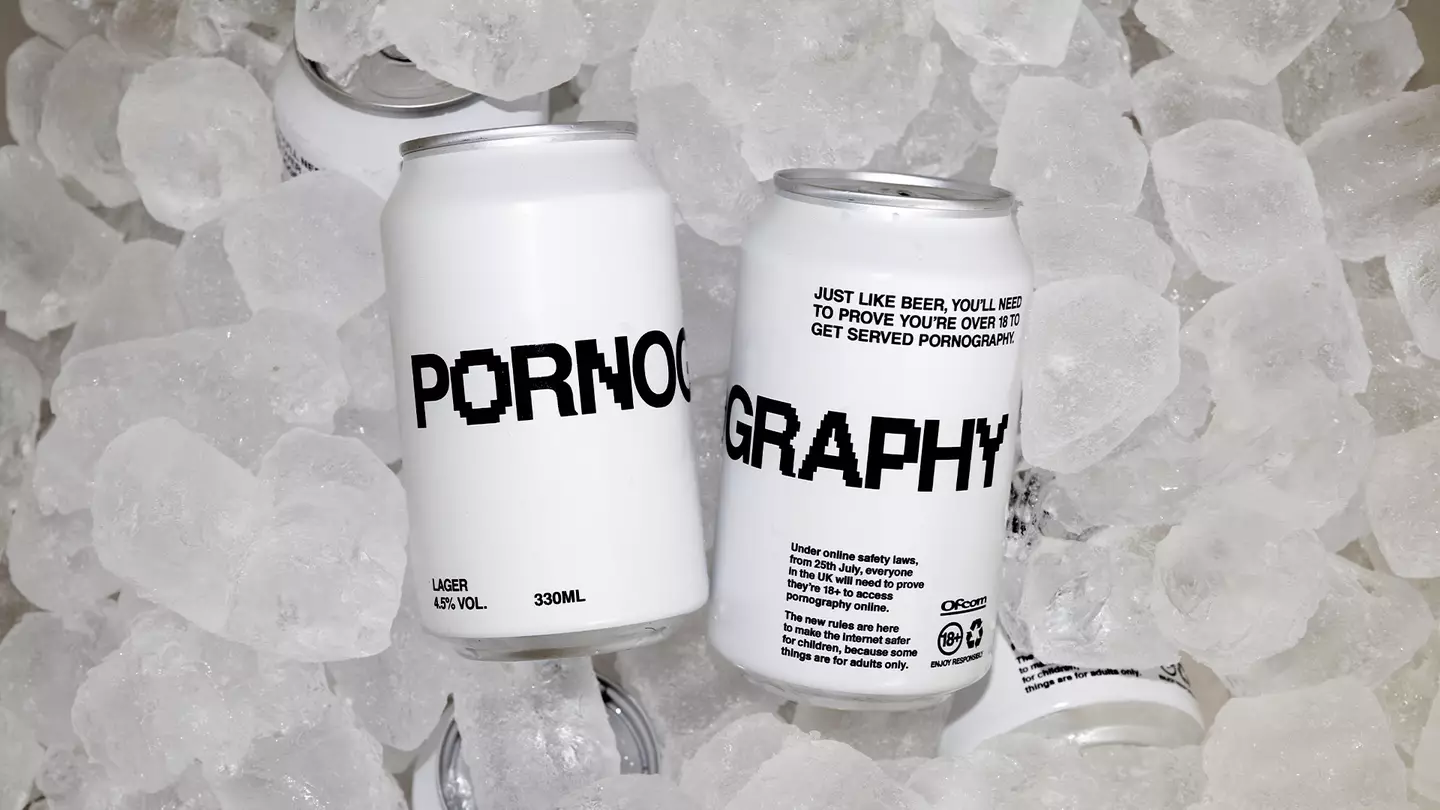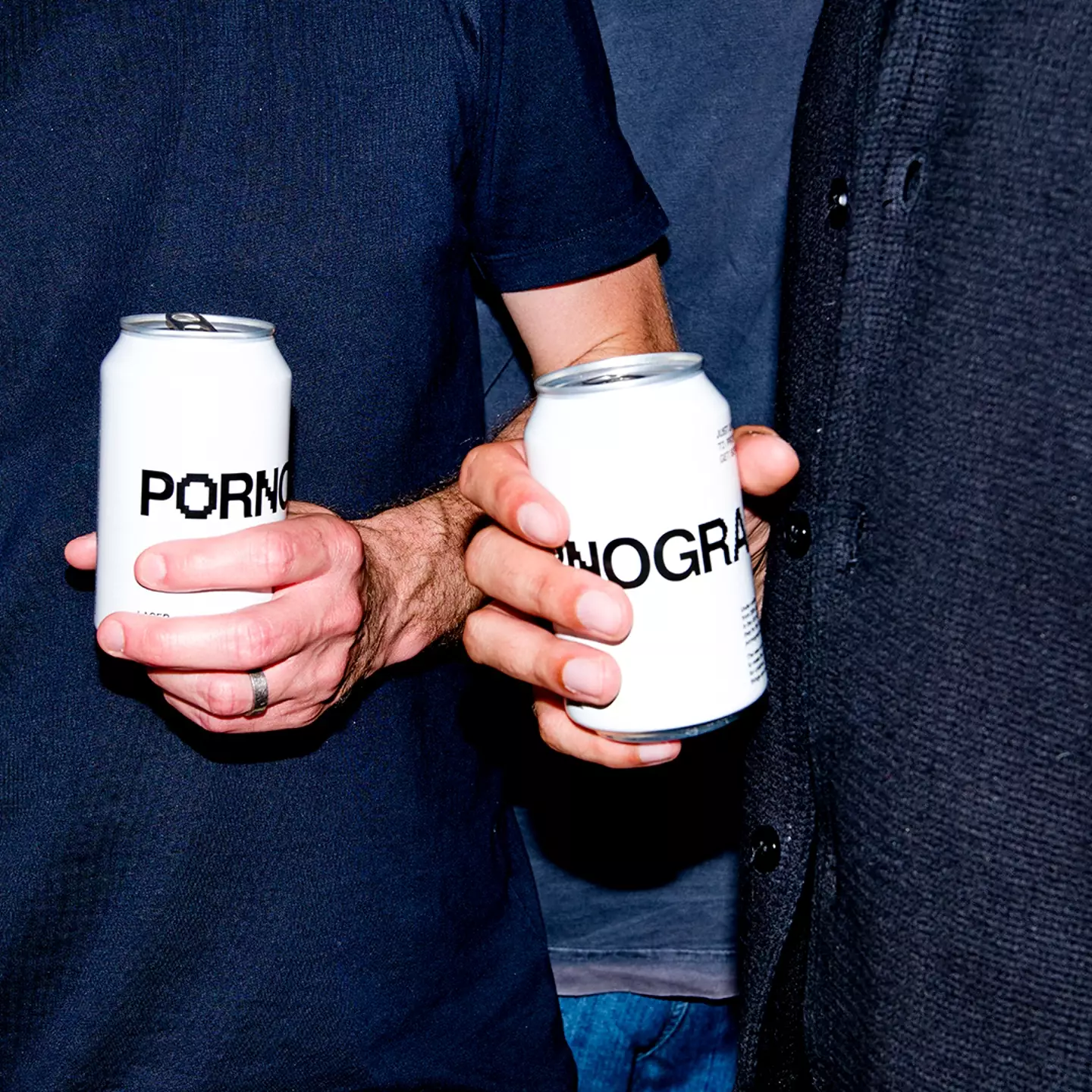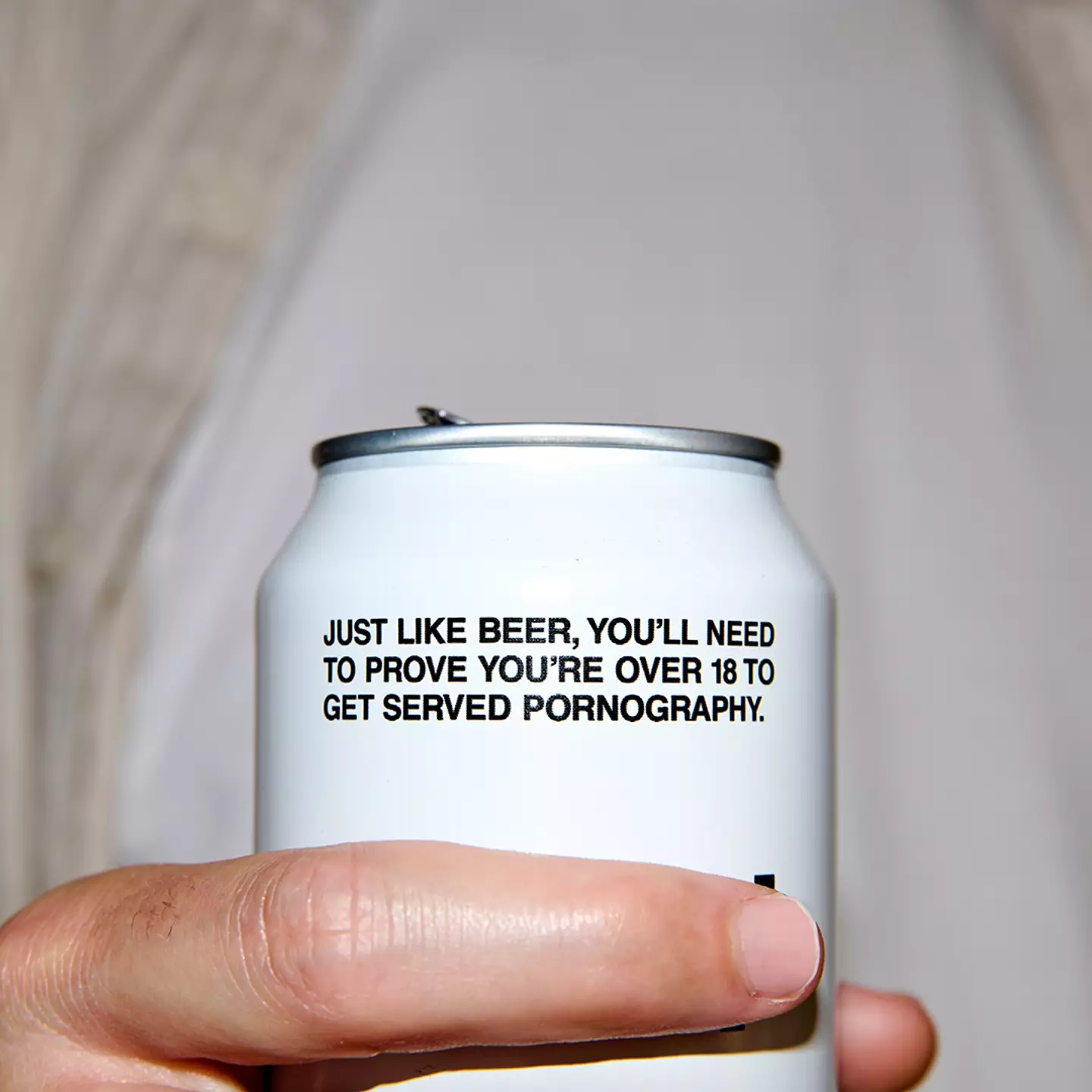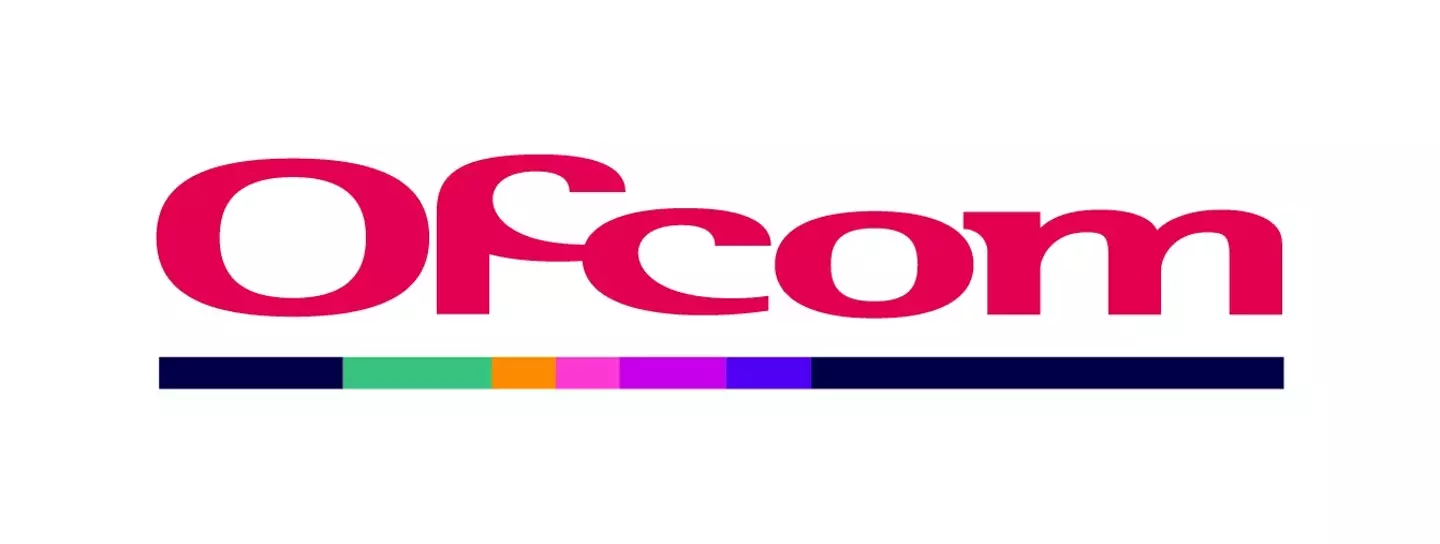
It’s a pretty standard part of life in the UK. But while age checks for a beer are the norm, accessing other age-restricted stuff online has often been a bit of a free-for-all. But that’s all set to change, specifically for online porn.
New data from Ofcom shows that significant numbers of under-18s are accessing and viewing adult content online. To highlight the issue, Ofcom is using cans of "Pornography Beer” to highlight the important new changes coming into play.
The message is straightforward. Just like you prove your age for a pint, you’ll soon need to prove you're over 18 to get served pornography online.

Why the change?
The numbers from Ofcom show that many under-18s are stumbling upon, or actively seeking, out adult content. We're talking about one-in-twelve 8-14-year-olds in the UK having visited a pornographic service online, rising to one-in-five 13-14 year olds. On top of that, around a third of teenagers say they’ve accidentally stumbled across porn online.
This isn't about judging anyone's choices or what adults do online. It's simply about making sure that content meant for adults stays with adults. And that’s where the new rules come in.
What’s changing?
Britain already carries out around 250 million age checks a year for alcohol. Age checks for pornography sites will soon be as commonplace and routine as they are in pubs.
From July 2025, new age checks are coming into play, following rules introduced as part of the Online Safety Act.
It’s clear that current age checks aren’t doing their job, and these new rules are designed to fix that. Going beyond a simple "tick this box if you're over 18", these new requirements demand highly effective checks to verify or estimate someone’s age.
How will it work?
Online platforms will need to use technology to prove your age. This could involve various secure methods, such as facial scanning, digital ID checks, or even providing details from a credit card, passport, or bank account. The process is designed to be quick, private, and secure, without storing personal data unnecessarily. For most methods, the website you’re accessing doesn’t receive any personal information – just the fact you’re over-18
As Oliver Griffiths, Group Director of Online Safety at Ofcom, stresses: "This is about stopping children from seeing content meant for adults.
“Age checking is quick, private and already standard practice in pubs. Now it’s coming to the internet."
Ultimately, these new measures are about creating a safer online space for kids. Much like when you’re asked for your ID down your local, this is a significant step towards making the internet a more age-appropriate place for everyone.
While you might not see cans of ‘Pornography Beer’ stocking the supermarket shelves any time soon, it’s a fitting reminder that some things really are for adults only.


